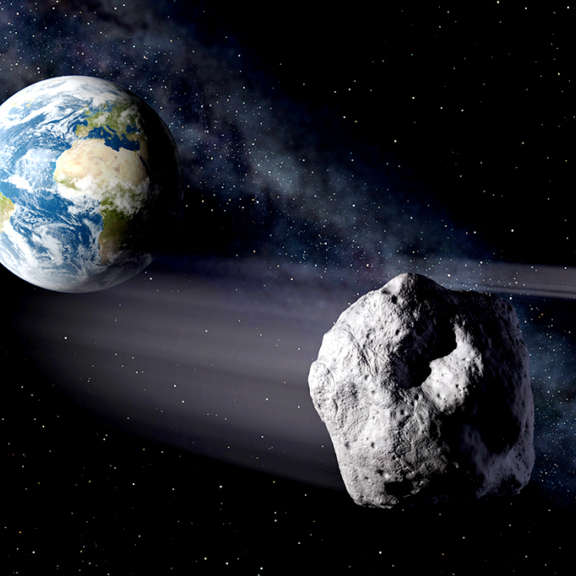Planetary Radio: Space Policy Edition
Featuring The Planetary Society's Chief Advocate, Casey Dreier, the Space Policy Edition podcast features unique insights by the world's leading experts in space policy and history to explain how space exploration actually happens.
Subscribe
The Space Policy Edition is included as a monthly feature of the Planetary Radio podcast, which is available on all major podcast services. You can also subscribe exclusively to Space Policy Edition episodes on Apple Podcasts and Spotify:
Or use our direct RSS feed and subscribe via your favorite podcast app.
Latest Episodes
After an opening update on the presidential transition, Casey, Jason and Mat share their nominees for the biggest space exploration events of 2016. Then they take on fascinating questions submitted by listeners. You’ll also hear the surprising early announcement of NASA’s next Discovery missions.
The SPE team reviews the outlook for human spaceflight, planetary science, Earth observation and much more under the upcoming Trump administration.
Just in time for election day in the USA, we take stock of the major candidates' space policies (as far as they go), comparing statements and policy op-eds put out by both campaigns. We also look at the broader implications and challenges of the coming Presidential transition for NASA.
We take a deep dive into new space legislation working its way through the US Senate. It embraces Mars and NASA's big rocket. But Elon Musk and SpaceX just announced an ambitious new plan to colonize Mars. Does this upset the political establishment? Or will they find a cold reception in the halls of Congress? Also, where does science fit into the politics of space?
In honor of OSIRIS-REx—NASA’s newest asteroid mission—we explore the policy and history of near-Earth Objects: why NASA explores them, how the government plans to find and defending the planet, and the how policy can keep up with ambitious plans to mine asteroids.
In our third episode, we debate the risks and rewards of tying the future of a Europa mission to the fate of NASA's massive Space Launch System rocket. Also, NASA just announced that the next Mars rover will cost $2.4 billion—$900 million more than initially thought. But the mission is not considered over budget. Why not? Lastly, the U.S. just generated 50 grams of Plutonium-238, the largest amount in nearly thirty years. We celebrate the successful effort to create this critically important, though highly toxic, power source for deep space spacecraft.


 Explore Worlds
Explore Worlds Find Life
Find Life Defend Earth
Defend Earth







